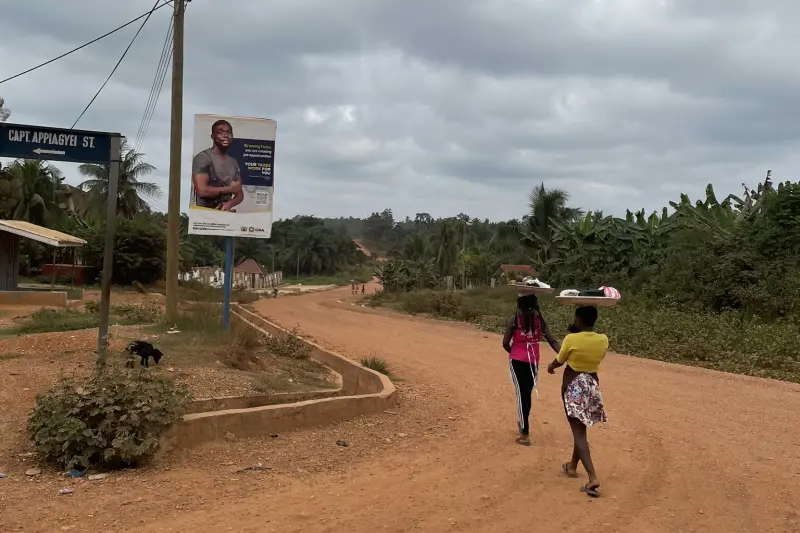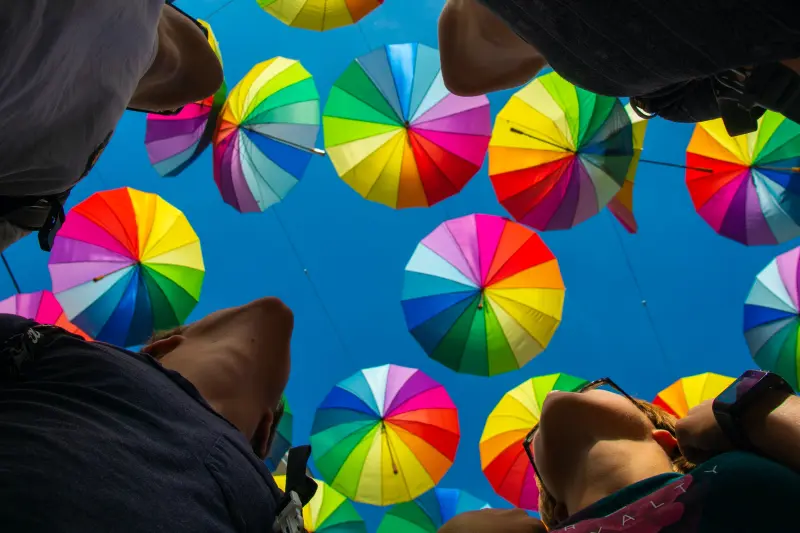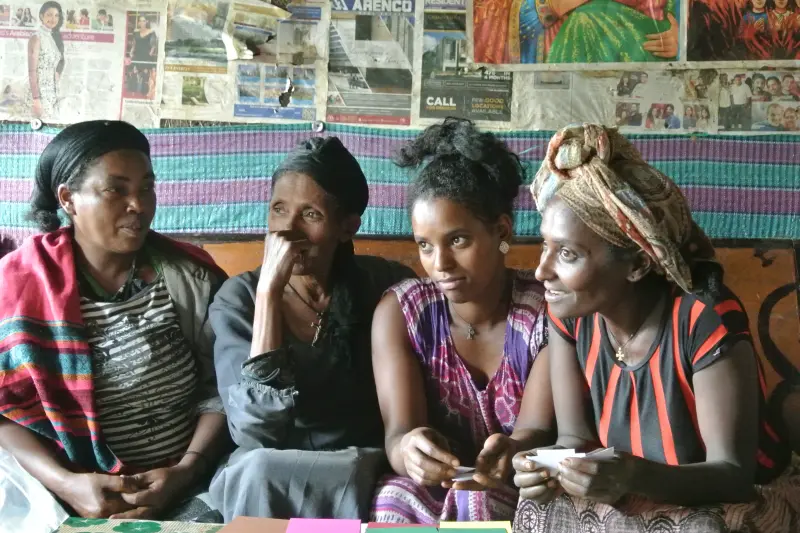ZEF Gender Group
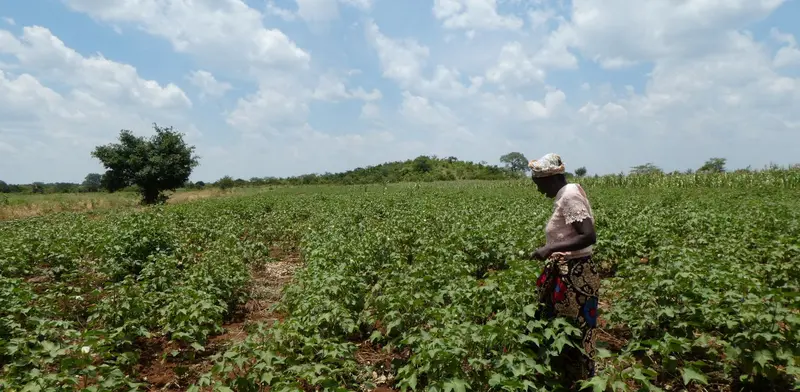
OUR AIM
The Gender Group (GG) aims to strengthen gender-sensitive research at ZEF and to promote interdisciplinary collaboration on gender issues among ZEF researchers. The group focuses on supporting senior and junior researchers in integrating gender perspectives in their research projects, addressing gender differences as researchers, developing gender studies curricula and material for inter- and transdisciplinary courses, and sharing publications and ideas on gender-sensitive research.
WHAT DOES GENDER MEAN AND WHY DOES IT MATTER TO US?
Gender equality and women’s empowerment have been defined in the Sustainable Development Goals (SDG5) as a fundamental human right and a key aspect of a prosperous and sustainable world. Despite improvements in gender-related indicators during the last decade, there are still pervasive social norms in place that prevent women to execute their full potential and consequently hinder social progress. Moreover, women’s experiences and particular vulnerabilities tend to be invisible and excluded from research and policy implementation.
LATEST NEWS
ZEF Gender Group receives Bonn University's Maria von Linden Prize
The ZEF Gender Group received the Maria von Linden Prize by the University of Bonn.
The Maria von Linden Prize is awarded on a biennial basis to honour extraordinary commitment to the cause of gender equality at the University of Bonn and we are pleased to receive the accolades. We hope to keep up with the honour and focusing on supporting senior and junior researchers in integrating gender perspectives in their research projects.
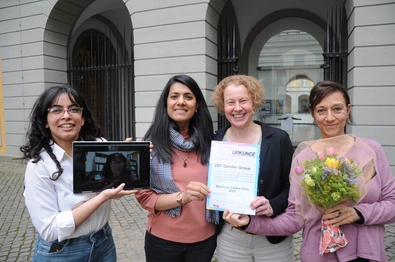
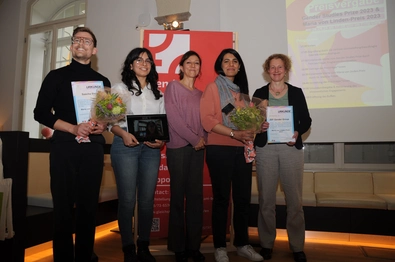
Co-coordinators
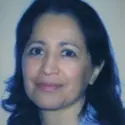
Dr. Dennis Lucy Avilés Irahola
+49-228-73-1722

Dr. Tina Beuchelt
+49-228-73-4922
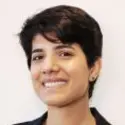
Dr. Sundus Saleemi
+49-228-73-1841

PD Dr. Eva Youkhana
+49-228-73-4909

Purti Sadhwani
Research Assistant
+49-228-73-6707
Gender at ZEF
Find out more about research, staff, publications, projects and doctoral theses related to gender at ZEF
PUBLICATIONS
Journal Articles
1. Sarkar, A. (2023). Women, water and technology: Changing nature of water transactions in western Rajasthan. *Journal of Water, Sanitation and Hygiene for Development, 13*(1), 30-38. doi.org/10.2166/washdev.2022.306
Other Publications
1. Amber, H., & Chichaibelu, B. B. (2023). Impact of Public Transit and Ride-hailing Services on Female Labor Force Participation in Lahore, Pakistan: A Mixed-Method Approach. Forthcoming as IGC working paper.
LAST MEETINGS AND EVENTS
- 27.06.2024: “Syrian Women in Lebanon and Turkey: Assessing the Impacts of Conflict and Identity on Civic Participation” by Dima Al Munajed, Junior researcher, ZEF CPC.
- 22.05.2024: We joined the ZEF-CPC Colloquium of Asrat Gella, Junior Researcher, ZEF- CPC and our new group member. Topic: Equality of what and equal how? Conception of Gender inequality im a rural farming community in Ethiopia.
25.04.2024: “Power, gender-based violence and smallholders’ adaptation pathways in Ghana” by Cecile Poitevin, Junior researcher, ZEF.
OUR FAVOURITE READINGS
WOMEN IN RESEARCH
Conducting Fieldwork While Female, or “Is Crit Always Legit?”. Available at:
jennifersdailyread.com/2019/08/07/conducting-fieldwork-while-female-or-is-crit-always-legit/
NEWS
April 2024
April 29-30, 2024
Workshop: Peter Asare-Nuamah co-organized the INTERFACES stakeholder workshop in Parakou, Northern Benin. He presented on the development of a gender-responsive theory of change through participatory social learning. Contact: pasarenu(at)uni-bonn.de


